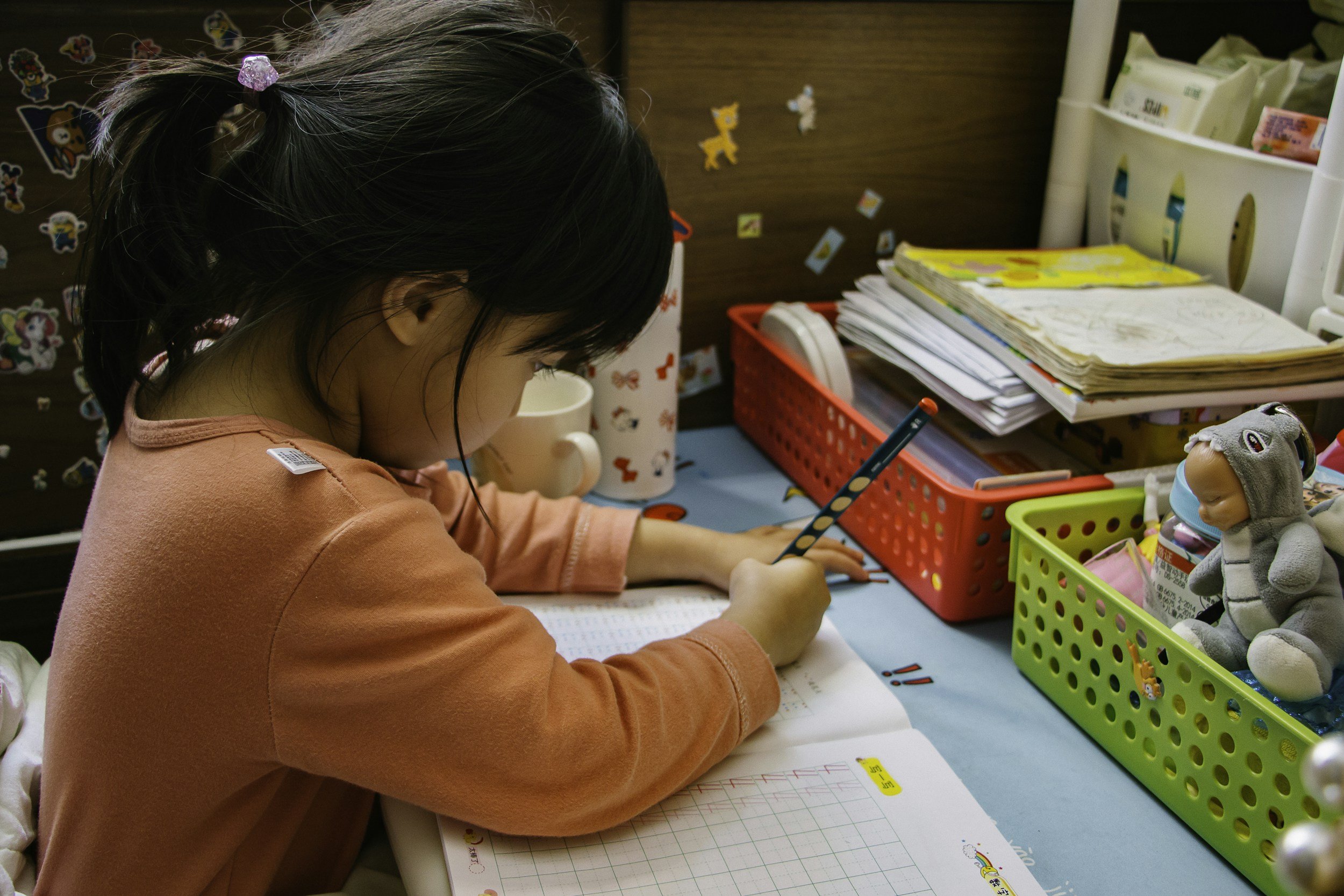








Assessments
Initial occupational therapy assessment (parent interview, standardised assessments, recommendations/feedback)
Kindy to Preprimary: 1-1.5hr Assessment in our Nedlands clinic
Year 1 to 12: 2hr Assessment in our Nedlands clinic
Areas of assessment:
Fine and gross motor/DCD
Visual Processing
Handwriting
Executive Function
Emotional Regulation
Sensory
Social Skills
Attention
Activities of daily living eg. self care
Functional Capacity Assessments (FCA)- NDIS
To assess for the right level of support of NDIS funding to determine goals and needs. Allocated time covers collation, scoring and reading of questionnaires and pre assessment information, therapist preparation time, assessment resources, meeting with caregiver and child, administration of standardised assessments, verbal feedback & recommendations. NDIS Functional Capacity Assessments are broken down into the following:
Parent consult
Functional assessment and scoring
NDIS report
Assessment for SCSA applications
Assessment for Motor Based Dysgraphia & DCD
Kindy & and pre-primary screens
Classroom observations
OT Intervention
Individual (1:1)
45-minute sessions to address therapy goals
Intervention programs to address emotional & sensory regulation, social skills, attention, handwriting skills, fine and gross motor skills, executive functioning, self-care and ADL’s.
Group
Practice based
School based
Telehealth
Group Programs
Social skills, Executive functioning and School readiness (functional school based skills)
Therapist-facilitated groups that vary in themes (e.g., cooking, craft, science, Lego, Pokémon, etc.)
Small groups of up to 6 children
Targeting social skills, executive functioning, high school readiness, functional fine motor & handwriting skills and much more
NDIS
We offer capacity-building supports to both self-managed and plan-managed NDIS clients (aged up to 18-years old)
Completion of Access Request Forms
Functional Capacity Assessment’s (FCA)
Parent Coaching/Problem Solving
45-minute session equipping parents with skills and tools to support their child outside of therapy (e.g., toileting support, sleep management, regulation, etc.)
Goal setting/management
Collaboration with schools



